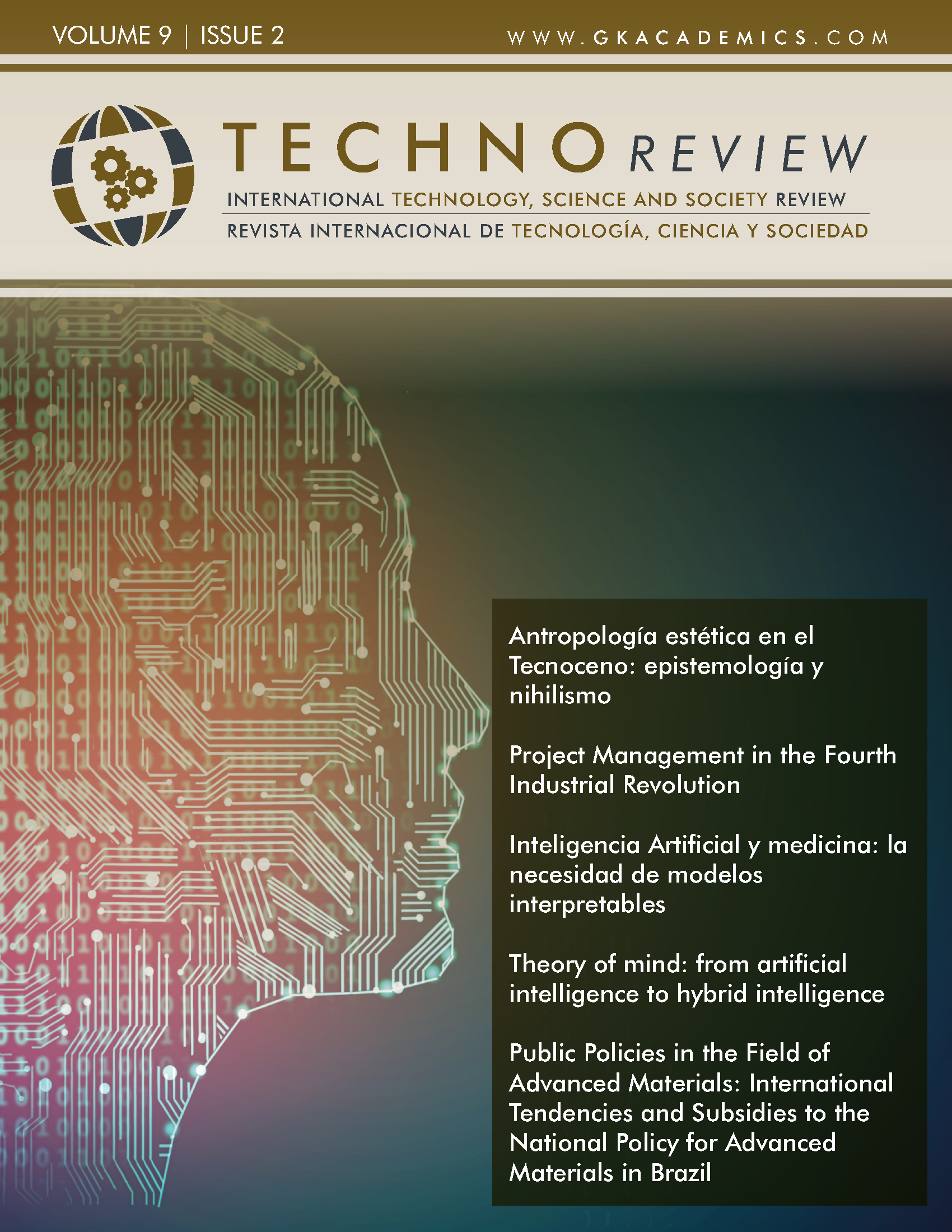Artificial Intelligence and Medicine: the Need for Interpretable Models
Keywords:
Artificial Intelligence, Healthcare, Automatic Diagnosis, Predictive Models, Black box, Interpretable AI, Covid-19Abstract
The pandemic has provided clear examples of the potential of AI for the health sector, as well as some of its issues, largely derived from the use of black box models. In some cases, there are no reasonable alternatives, as in image and speech processing. However, in many other instances it would be more profitable to try to focus the developments on Interpretable AI, which could be used more directly for the confirmation of knowledge or for the generation of new hypotheses that can be tested with subsequent experiments.
References
Ancochea, J., Izquierdo, J. L., Savana COVID-19 Research Group, & Soriano, J. B. (2020). Evidence of gender differences in the diagnosis and management of coronavirus disease 2019 patients: An analysis of electronic health records using natural language processing and machine learning. Journal of Women's Health,
Ardakani, A. A., Kanafi, A. R., Acharya, U. R., Khadem, N., & Mohammadi, A. (2020). Application of deep learning technique to manage COVID-19 in routine clinical practice using CT images: Results of 10 convolutional neural networks. Computers in Biology and Medicine, 103795.
Beck, B. R., Shin, B., Choi, Y., Park, S., & Kang, K. (2020). Predicting commercially available antiviral drugs that may act on the novel coronavirus (SARS-CoV-2) through a drug-target interaction deep learning model. Computational and Structural Biotechnology Journal,
Chalmers, D. J. (2006). Strong and weak emergence. The Re-Emergence of Emergence, , 244-256.
de Montalvo Jääskeläinen, F. (2018). ¿ Puede la máquina sustituir al hombre?: Una reflexión jurídica sobre el ojo clínico y la responsabilidad en tiempos del big data. Razón y Fe: Revista Hispanoamericana De Cultura, 278(1436), 323-334.
Graziani, D., Soriano, J. B., Rio-Bermudez, D., Morena, D., Díaz, T., Castillo, M., et al. (2020). Characteristics and prognosis of COVID-19 in patients with COPD. Journal of Clinical Medicine, 9(10), 3259.
Izquierdo, J. L., Ancochea, J., Soriano, J. B., & Savana COVID-19 Research Group. (2020). Clinical characteristics and prognostic factors for intensive care unit admission of patients with COVID-19: Retrospective study using machine learning and natural language processing. Journal of Medical Internet Research, 22(10), e21801.
Lalmuanawma, S., Hussain, J., & Chhakchhuak, L. (2020). Applications of machine learning and artificial intelligence for covid-19 (SARS-CoV-2) pandemic: A review. Chaos, Solitons & Fractals, , 110059.
Mitchell, M. (2009). Complexity: A guided tour Oxford University Press.
Molnar, C. (2020). Interpretable machine learning Lulu. com.
Rudin, C. (2019). Stop explaining black box machine learning models for high stakes decisions and use interpretable models instead. Nature Machine Intelligence, 1(5), 206-215.
Zietz, M., & Tatonetti, N. P. (2020). Testing the association between blood type and COVID-19 infection, intubation, and death. MedRxiv : The Preprint Server for Health Sciences.
Downloads
Published
Issue
Section
License
All articles are published under an Attribution-NoDerivatives 4.0 International (CC BY-ND 4.0) license. Authors retain copyright over their work.

